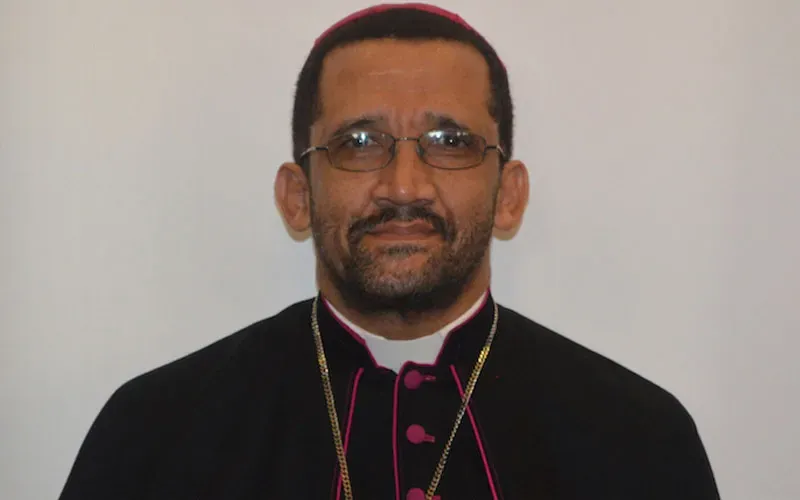Umtata, 31 August, 2021 / 2:14 pm (ACI Africa).
The Catholic Bishop of South Africa’s Umtata Diocese has acknowledged the calm in the country that followed a series of violent attacks and cautioned the country’s poor people against accepting to be used by those in power to fuel violence.
In the latest violence that rocked the country, more than 300 people reportedly died and around 3,000 stores were looted in protests that followed the imprisonment of former President Jacob Zuma in July.
In an interview with Agenzia Fides, the information service of the Vatican's Propaganda Fide, Bishop Sithembele Sipuka linked protests in South Africa to poverty and condemned what he referred to as exploitation of the poor whenever violence erupts in the country.
“Violence must always be condemned, and if there are differences in the party, politics or society, the only way is to sit down and discuss. One must never exploit the poor for one's own interests, the welfare of the country,” Bishop Sipuka says in the Saturday, August 28 report.
“Our message to the poorest is, don't let them use you,” he says and adds in reference to the country’s poor masses, “They are the first victims too.”








